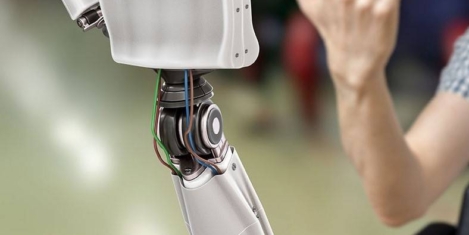To provide the best experiences, we use technologies like cookies to store and/or access device information. Consenting to these technologies will allow us to process data such as browsing behaviour or unique IDs on this site. Not consenting or withdrawing consent, may adversely affect certain features and functions.
The technical storage or access is strictly necessary for the legitimate purpose of enabling the use of a specific service explicitly requested by the subscriber or user, or for the sole purpose of carrying out the transmission of a communication over an electronic communications network.
The technical storage or access is necessary for the legitimate purpose of storing preferences that are not requested by the subscriber or user.
The technical storage or access that is used exclusively for statistical purposes.
The technical storage or access that is used exclusively for anonymous statistical purposes. Without a subpoena, voluntary compliance on the part of your Internet Service Provider, or additional records from a third party, information stored or retrieved for this purpose alone cannot usually be used to identify you.
The technical storage or access is required to create user profiles to send advertising, or to track the user on a website or across several websites for similar marketing purposes.
 A new report from the British Safety Council and consultancy Robertson Cooper, explores what it claims is the probable impact of new working practices and technology on people’s physical and mental wellbeing, and what employers, unions and legislators should do to address them. The report, Future risk: Impact of Work on Health, Safety and Wellbeing, argues that the safety, health and wellbeing of older workers will become more important and new risks will arise related to the adoption of artificial intelligence and automation.
A new report from the British Safety Council and consultancy Robertson Cooper, explores what it claims is the probable impact of new working practices and technology on people’s physical and mental wellbeing, and what employers, unions and legislators should do to address them. The report, Future risk: Impact of Work on Health, Safety and Wellbeing, argues that the safety, health and wellbeing of older workers will become more important and new risks will arise related to the adoption of artificial intelligence and automation.
































February 16, 2018
Pearls of elemental wisdom about workplace design and management
by Mark Eltringham • Comment, Facilities management, Workplace design
More →